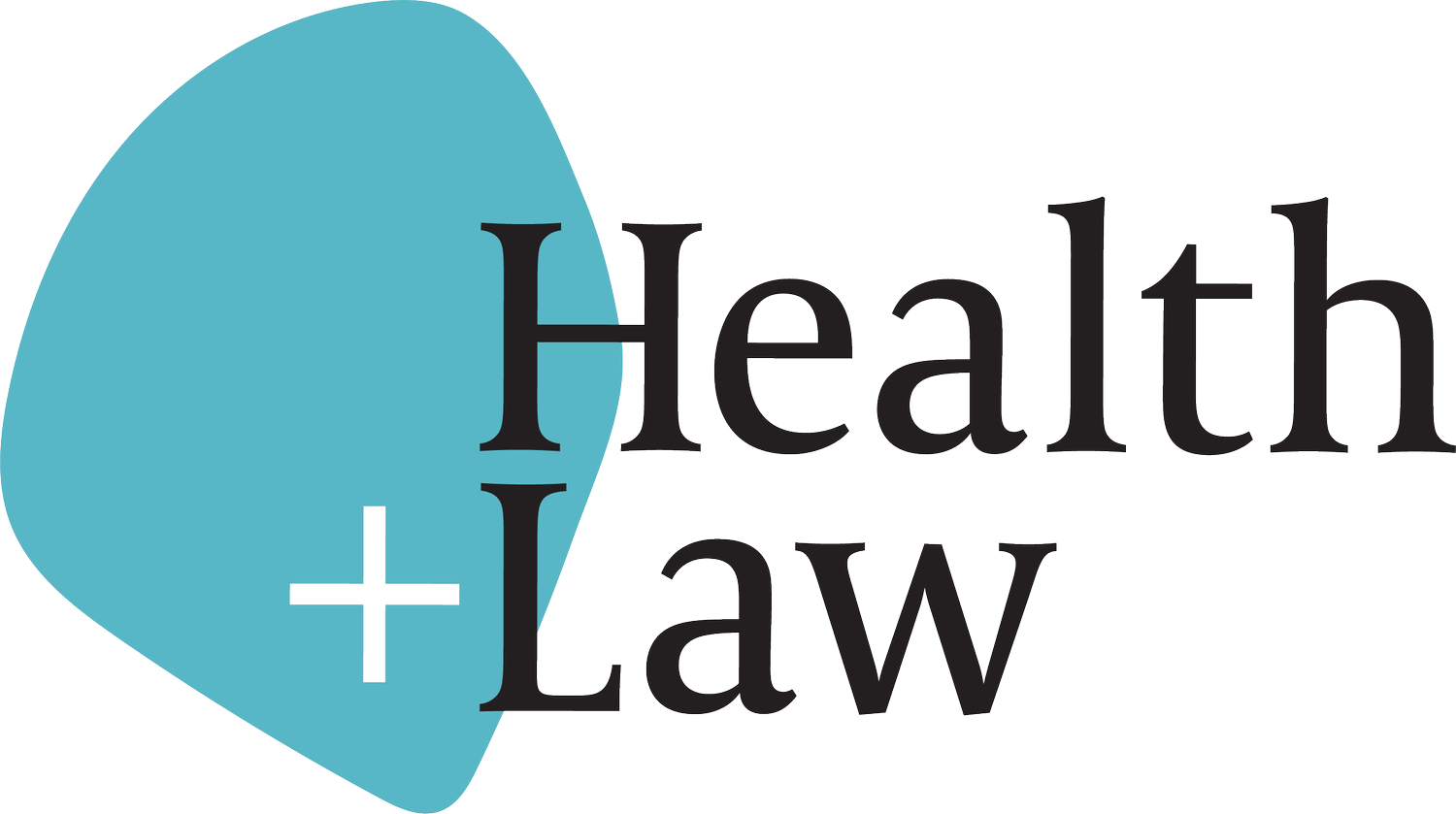Health+Law to launch Australia’s First National Legal Needs Survey for People Living with Blood-Borne Viruses
Health+Law will soon launch the first ever national survey investigating legal needs and access to justice among people affected by hepatitis B and HIV in Australia. Part of our larger, national Legal Needs Study (LeNS), the survey aims to gather the diverse experiences of over 1,300 people living with these conditions. Alongside in-depth interviews with people in every state and territory, the survey is the latest part of Health+Law’s landmark national research on the legal issues faced by people living with blood-borne viruses (BBVs) in Australia, and the impact those issues have on their health and wellbeing.
Globally, and for many years now, the importance of an ‘enabling legal environment’ has been recognised as a key part of the response to BBVs. For example, Australia’s current national hepatitis B strategy includes a number of specifically legal goals, such as building knowledge and capacity among lawyers so they can better respond to the legal needs of people living with hepatitis B. As for HIV, a recognition of the impact of the law has long been a feature of public health policy and was enshrined in Australia’s first national HIV strategy in 1989.
However, when it comes to the legal needs of people living with these conditions in Australia today, there is very little evidence. It’s been more than three decades since the last major national review of the legal environment surrounding HIV, and law’s effects on people living with hepatitis B in Australia has never been the subject of devoted national research.
Addressing this gap in knowledge is a core part of Health+Law’s work, and the LeNS survey will be a key instrument in that work. The very first survey of its kind in Australia, it has been designed to gather a picture of how Australian law affects people living with BBVs in their everyday lives, the types of legal issues that affect them the most and, very importantly, the legal needs they have that aren’t being met and that, in some cases, act as obstacles to testing, treatment and care for their conditions.
People living with HIV are subject to specific public health laws that set out rules around when, and if, they are obliged to disclose their HIV status to other people – doctors, employers and sexual partners, for example. While such laws are very occasionally tested in courts or other official legal proceedings, people living with HIV feel the effects of these disclosure-related laws in their everyday lives.
Another example involves the law around migration, which applies specific requirements to people living with HIV, hepatitis B, and other BBVs and health conditions who are seeking entry to or residency in Australia. As Health+Law Chief Investigator David Carter explained in a presentation from our pilot research, the legal settings of Australia’s migration system can act in adverse ways, generating harms to the health of people with HIV and hepatitis B, generate new health needs for them that didn’t exist before, and demanding extensive work from health professionals. In other words, migration law in Australia can act as an obstacle to health care both for individuals and at a systems level.
Legal issues also arise for people in very mundane, everyday ways and situations: when they attempt to return a laptop or mobile phone to the online store they brought it from, or when they contact a real estate property manager to report damage to a property they rent. Most people face such ‘justiciable issues’ – that is, everyday problems that could potentially have a legal resolution (whether or not they ultimately do) – across multiple facets of their lives. Often the impact of these can be minor, and remain unaddressed. At other times, everyday justiciable issues can have a huge impact on people’s health and wellbeing – such as when people aren’t paid properly for their labour or when they are denied urgent medical treatment. And in these circumstances, a ‘legal need’ often remains unmet.
The LeNS survey is ground-breaking as it will help us better understand these legal needs, the impact they have, and the resources and supports that people need more of. By talking directly to the people affected by the law, the survey approaches law and legal issues from ‘the ground up’ – which means looking at the law in practice, and seeking to understand how real people are affected by it in everyday ways. A ground-up approach to legal research also creates the opportunity for people in the communities affected by BBVs to meaningfully participate in the research that addresses, and ultimately affects, them.
While there have been other legal needs surveys exploring the public’s experience and understanding of the law in Australia, the LeNS survey is the very first of its kind to focus specifically on people living with HIV and/or hepatitis B. In order to potentially make changes and reforms to law, policy and legal practices that better serve people living with these conditions, we first need to understand the issues they face and their needs that remain unmet.
For updates on the findings of the LeNS survey, subscribe to the Health+Law newsletter here.
If you are a person living with HIV or hepatitis B and are interested in completing the LeNS survey, please register your interest here. All participation is completely anonymous and confidential.
Further reading:
Introducing LeNS: What is our Legal Needs Study?
Legal Need vs. Justiciable Issue: Untangling their Meanings
Victoria Law Foundation: The Public Understanding of Law Survey


